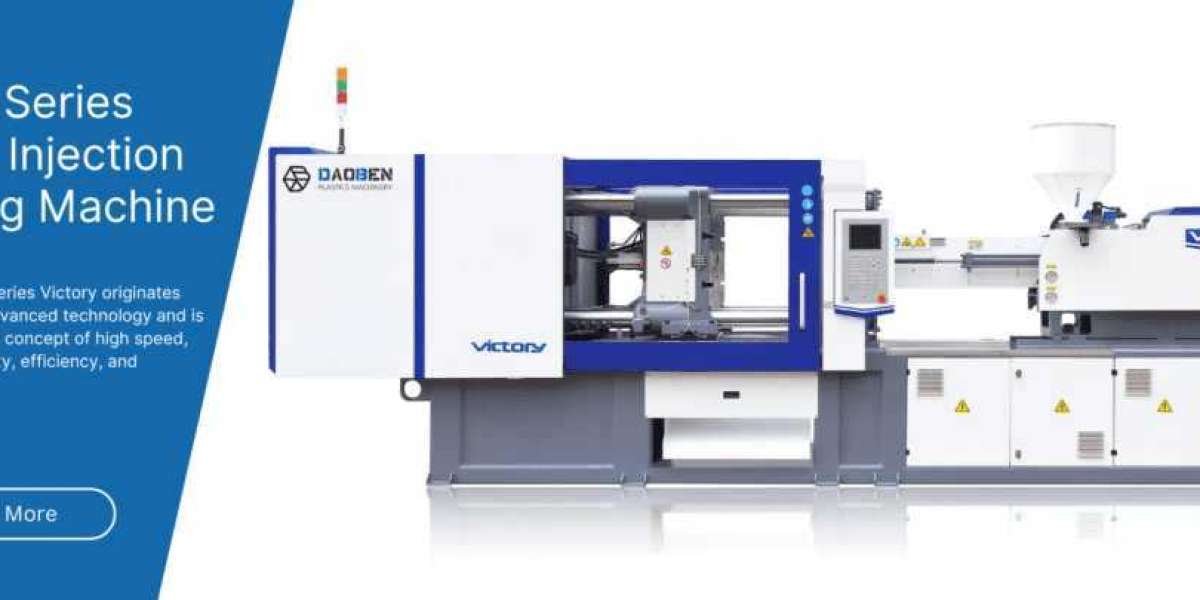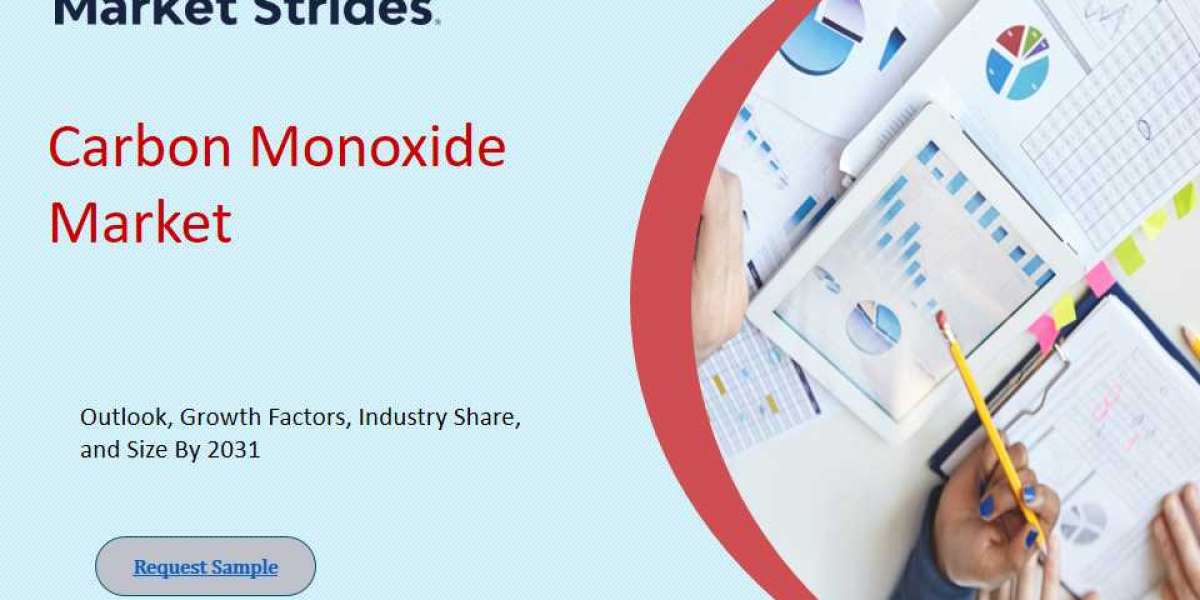The plastic injection molding industry continues to evolve, driven by technological advancements that enhance efficiency, precision, and sustainability. In 2024, several groundbreaking innovations are set to redefine how manufacturers approach production. Here, we explore the top five innovations in plastic injection molding machines that are revolutionizing the industry.
1. Advanced AI-Driven Control Systems
Artificial Intelligence (AI) is transforming plastic injection molding machines by enabling smarter, more adaptive control systems. These systems leverage machine learning algorithms to optimize every aspect of the molding process, from temperature control to cycle time adjustments.
Key Features:
- Predictive Maintenance: AI can predict potential machine failures, minimizing downtime and reducing maintenance costs.
- Real-Time Process Optimization: Adjustments are made on the fly to ensure consistent product quality.
- Energy Efficiency: AI-driven systems analyze energy usage patterns and recommend adjustments to reduce consumption.
Manufacturers adopting AI-driven control systems benefit from improved productivity and reduced operational costs, giving them a competitive edge in the market.
2. Multi-Material Injection Molding Machines
The demand for products combining multiple materials has led to the development of multi-material injection molding machines. These machines allow manufacturers to produce complex parts with different materials in a single cycle, reducing production time and costs.
Advantages:
- Enhanced Design Flexibility: Combines materials with different properties for innovative product designs.
- Reduced Assembly Requirements: Eliminates the need for post-production assembly, saving time and labor.
- Improved Product Strength: Seamless bonding between materials enhances the durability of the final product.
Applications for multi-material machines include automotive components, medical devices, and consumer electronics, where precision and material diversity are critical.
3. Sustainable Molding Solutions
Sustainability is a key focus for the plastic injection molding industry in 2024. Innovations in machine design and materials are driving more eco-friendly production practices.
Notable Developments:
- Biodegradable and Recycled Plastics: Machines are now optimized to handle biodegradable and recycled materials without compromising product quality.
- Energy-Efficient Motors: Servo-driven motors and advanced hydraulic systems significantly reduce energy consumption.
- Closed-Loop Systems: Waste material is reprocessed and reused within the production cycle, minimizing environmental impact.
These sustainable solutions not only reduce the carbon footprint of manufacturing but also align with global environmental regulations and consumer expectations.
4. High-Speed Injection Molding Machines
Speed is a critical factor in meeting high-volume production demands. The latest high-speed injection molding machines are engineered to deliver exceptional performance without sacrificing precision.
Features and Benefits:
- Faster Cycle Times: Advanced cooling systems and optimized injection units enable quicker cycles.
- Enhanced Precision: High-speed machines maintain tight tolerances, ensuring consistent product quality.
- Lower Scrap Rates: Improved accuracy reduces material waste.
Industries such as packaging, consumer goods, and medical supplies are leveraging high-speed machines to meet tight production deadlines while maintaining superior quality standards.
5. IoT Integration for Smart Manufacturing
The Internet of Things (IoT) is reshaping plastic injection molding by connecting machines, sensors, and software into a unified ecosystem. IoT-enabled machines provide real-time data insights, enabling manufacturers to make informed decisions.
IoT Benefits:
- Remote Monitoring: Operators can monitor machine performance and production metrics from anywhere.
- Data-Driven Insights: Historical and real-time data analysis identifies trends and optimizes processes.
- Proactive Maintenance: Alerts and diagnostics prevent unplanned downtime.
IoT integration enhances overall operational efficiency, reduces costs, and ensures a higher level of quality control.
Conclusion
The advancements in plastic injection molding machines for 2024 are pushing the boundaries of what is possible in manufacturing. From AI-driven control systems to sustainable solutions and IoT integration, these innovations are empowering manufacturers to achieve greater efficiency, precision, and environmental responsibility. Staying ahead in this dynamic industry requires embracing these cutting-edge technologies and leveraging their benefits.








